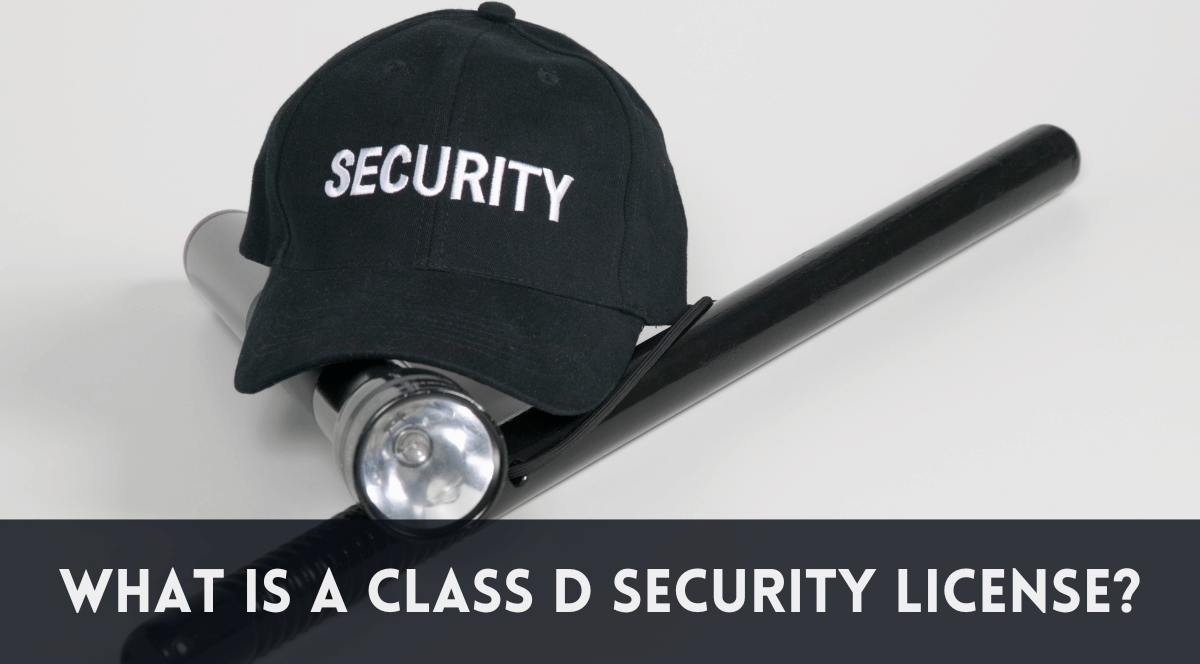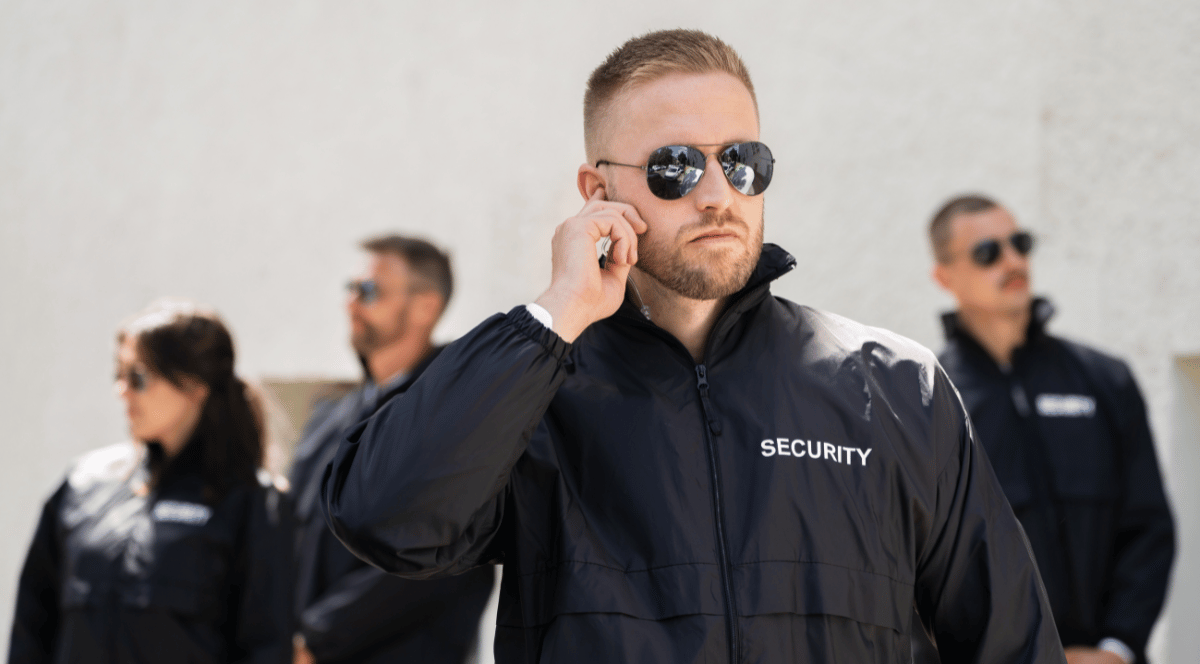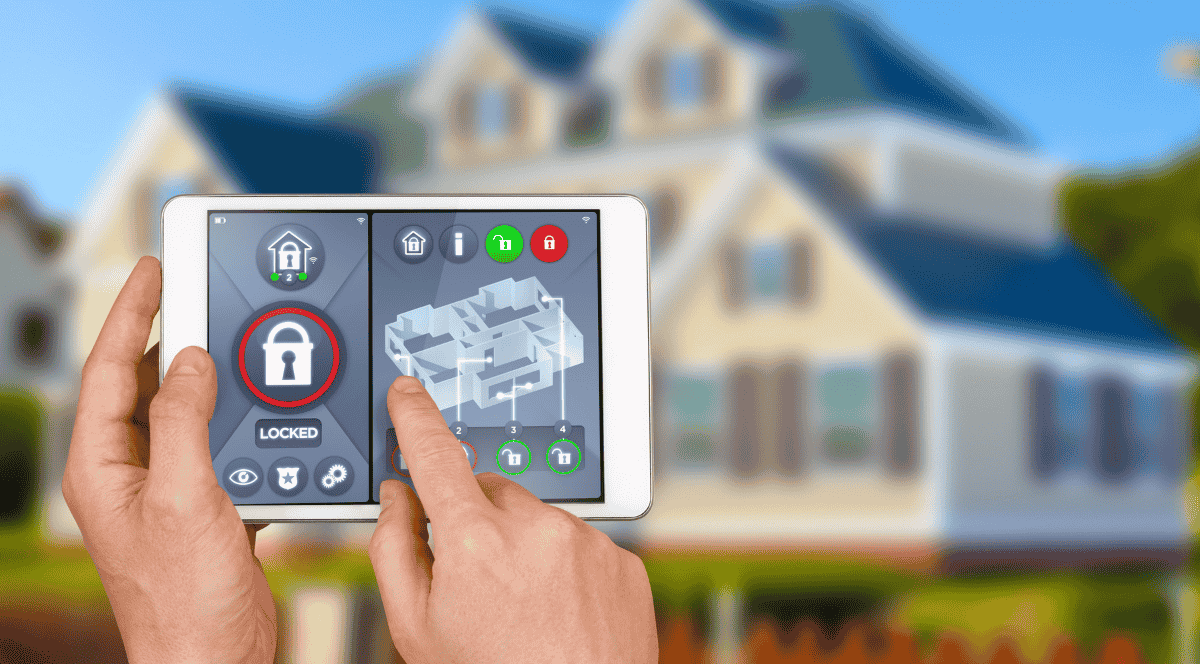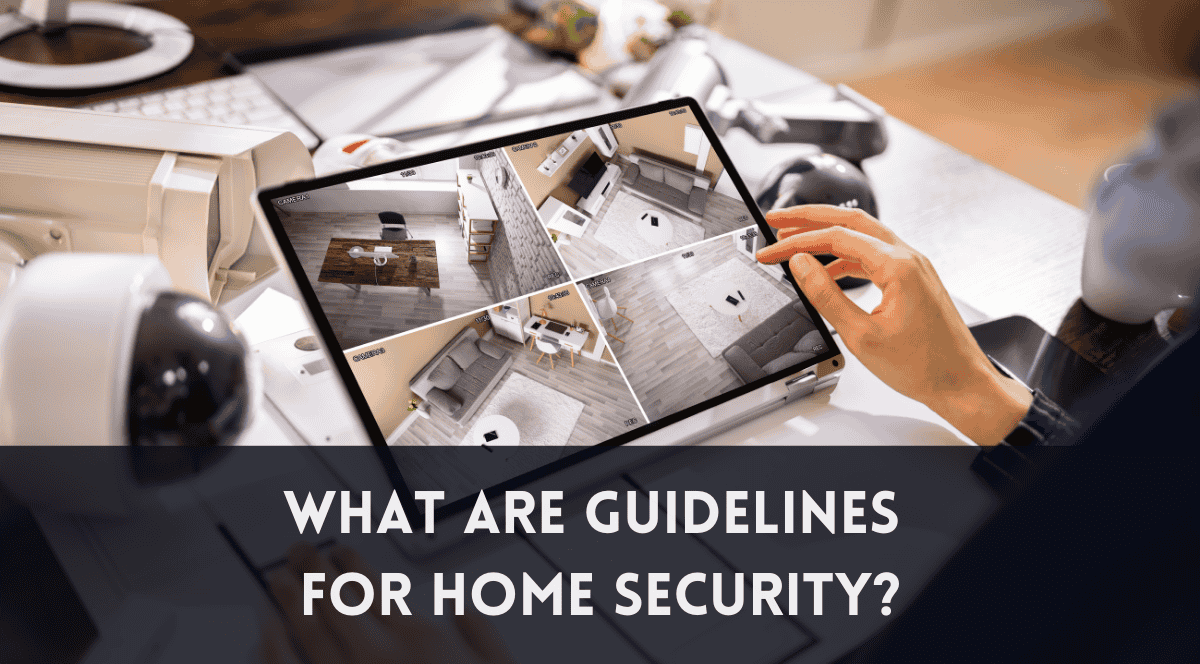 What Is a Class D Security License?
What Is a Class D Security License?
If you’re planning to start a career in the security industry, understanding what is a class d security license is essential. This license is a key requirement in Florida for working as an unarmed security officer, and it unlocks numerous job opportunities across the state. In this guide, Oatridge Security Group (OSG) explains everything you need to know about what is a class d security license—from eligibility and training to career growth.
Introduction to the Class D Security License
The class d security license is a state-issued certification required to legally work as an unarmed security guard in Florida. As the private security industry continues to grow, licensing ensures that professionals are properly trained and prepared to handle a wide range of situations on the job.
Security officers often act as the first line of defense in both public and private spaces. The presence of trained, licensed professionals reduces the risk of theft, violence, and vandalism. Licensing not only guarantees baseline competency but also provides accountability through state regulation.
At Oatridge Security Group (OSG), we employ only licensed security professionals who are trained and certified to meet state requirements. With us, you’re not just hiring guards—you’re partnering with professionals who understand what is a class d security license and bring that qualification to every assignment.
What Is a Class D Security License?
A class d security license is a state-mandated credential that allows individuals to work as unarmed security officers. This license is essential for working with a licensed security agency, and it demonstrates that the license holder has completed professional training and understands their legal and ethical responsibilities.
Unlike a class g license, which is required for armed security personnel, the class d license focuses on preparing individuals for non-lethal, observation-based roles. These professionals are trained to monitor property, enforce rules, report suspicious behavior, and act as deterrents through visible presence.
Holding a class d license legally qualifies individuals for a wide variety of unarmed security roles in Florida’s commercial, residential, and event spaces. Without this certification, working through a security agency is not legally permissible. Anyone asking what is a class d security license should know that it is the foundation for unarmed security roles in the state.
Who Needs a Class D Security License?
Any individual working as an unarmed security guard through a security agency must have a valid class d license. This includes roles in:
- Retail and mall security guard positions
- Hospital and clinic security
- Corporate or office building guard roles
- School and campus patrol
- Residential community protection
- Event security and crowd control
However, if a client hires a guard directly and handles their payment without using a licensed security company, a class d license is not legally required. Still, holding a license greatly improves job prospects, pay potential, and professional credibility.
Understanding what is a class d security license is especially important if you’re aiming to work with licensed agencies or apply for advanced roles later.
Eligibility Criteria for a Class D License
To obtain a class d license in Florida, applicants must meet specific legal and personal requirements that ensure suitability for the role. These include:
- Minimum age: Applicants must be at least 18 years old.
- Legal authorization: Must be a U.S. citizen, permanent resident, or have legal work authorization.
- Good moral character: Background checks assess criminal history and trustworthiness.
- Physical and mental fitness: Individuals must be able to perform the duties of a security officer.
A background check includes fingerprinting and screening for felony or disqualifying misdemeanor convictions. Applicants with a clean legal history and appropriate documentation typically proceed through the application smoothly.
Class D Security License Training Requirements
Training is a vital part of the licensing process. The Florida Department of Agriculture and Consumer Services mandates a 40-hour security training program that must be completed through a state-licensed training facility.
Training topics include:
- Access control and surveillance
- Patrolling strategies and observation
- Legal responsibilities and ethics
- Emergency response and preparedness
- Fire watch roles and reporting
- Medical emergencies and first aid basics
- Terrorism awareness and threat recognition
Program details:
- Security training must total 40 hours
- Courses may be completed in-person or via approved online instruction
- Successful completion earns a certificate required for license application
If you’re wondering what is a class d security license and how to qualify, this training is the most important first step.
Who Is Exempt From Training?
Certain individuals may qualify for exemption from the full 40-hour course:
- Active law enforcement or corrections officers with agency ID
- Graduates of FDLE-approved law enforcement training programs
- Qualified class di instructors under Florida administrative rules
- Veterans with relevant military training must show proof of their education
These exemptions streamline the process but still require an official application and approval.
How to Apply for a Class D License in Florida
After completing the required training hours, individuals may proceed with the Florida class d license application.
Steps include:
- Completing the 40-hour guard training course
- Submitting proof of training and valid identification
- Completing fingerprinting via approved Livescan providers
- Applying through the Florida Department of Agriculture and Consumer Services
- Paying necessary application fees
Most applicants receive license confirmation within 30–90 days, depending on the results of background processing and the completeness of submitted documents. For many, understanding what is a class d security license also includes knowing how to navigate the application process smoothly.
Validity and Renewal of the Class D License
The license remains valid for two years, after which renewal is required to continue working legally as a security officer.
To renew:
- Submit the renewal form with updated contact and identification details
- Pay the renewal fee
- Ensure your fingerprinting is up-to-date if required
Expired licenses may require reapplication and additional steps depending on the length of inactivity.
Responsibilities of a Class D Licensed Security Officer
Licensed personnel play a significant role in safety and prevention across multiple environments. Security officers trained and certified under the class d license focus on prevention and observation.
Core responsibilities:
- Detecting suspicious activity and behavior
- Deterring criminal actions through visible presence
- Observing property and conducting routine patrols
- Reporting incidents clearly and efficiently to appropriate authorities
Guards must be alert, reliable, and able to respond quickly to unexpected situations involving individuals or property.
Learning what is a class d security license also includes understanding the real-world duties and expectations of the role.
Where Can You Work With a Class D License?
This license qualifies guards to work in several sectors, including:
- Commercial office security
- Healthcare and hospital safety monitoring
- Retail security guard positions
- School and campus patrol services
- Event monitoring and entry control
Guards may work full-time, part-time, or on rotational shifts, depending on the setting and need. While roles are unarmed, they require strong interpersonal and decision-making skills.
Knowing what is a class d security license can help job seekers focus their applications on roles aligned with their qualifications.
Career Advancement After Getting a Class D License
Many professionals use the class d license as a stepping stone toward career progression within the security field.
Advancement opportunities:
- Upgrading to a class g license for armed roles after additional training
- Moving into supervisory or coordinator positions
- Pursuing specialties such as access control systems, VIP security, or emergency planning
With continuous development, guards can grow into personal security specialists, security consultants, or training instructors.
Benefits of Holding a Class D License
Professionals holding this credential enjoy a number of industry-specific benefits that make it easier to gain employment and grow a career.
Benefits include:
- Legal qualification to work in the Florida security industry
- Enhanced job opportunities across public and private sectors
- State-recognized validation of training and knowledge
- Greater earning potential with experience and added certifications
- Entry into a field with consistent demand and career flexibility
Once you understand what is a class d security license and obtain one, you open the door to long-term opportunities and growth.
 Get Started With Your Security Career Today
Get Started With Your Security Career Today
With guidance from OSG, beginning your career in security becomes a structured and empowering experience. A class d security license is more than a requirement—it’s a commitment to public safety and personal growth.
Security guards at OSG are fully licensed and bring the training, preparation, and confidence needed to take on meaningful roles across Florida. Understanding what is a class d security license helps clients know they’re working with qualified professionals from day one.
Contact Oatridge Security Group (OSG)
Whether you’re securing your home, upgrading your office system, or planning event safety, OSG is ready to help. We design Tacoma security systems that deliver unmatched reliability, adaptability, and ease of use.
To speak with a security expert or schedule a consultation, call us today at (253) 461-1622.
Secure your peace of mind with custom-built protection from Oatridge Security Group.




